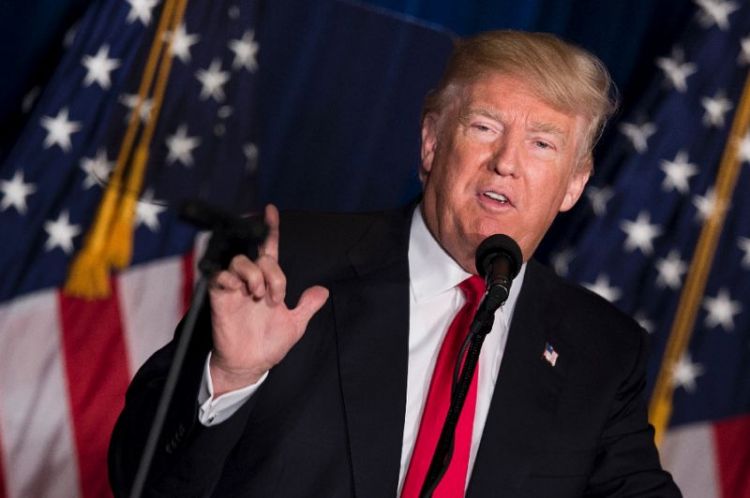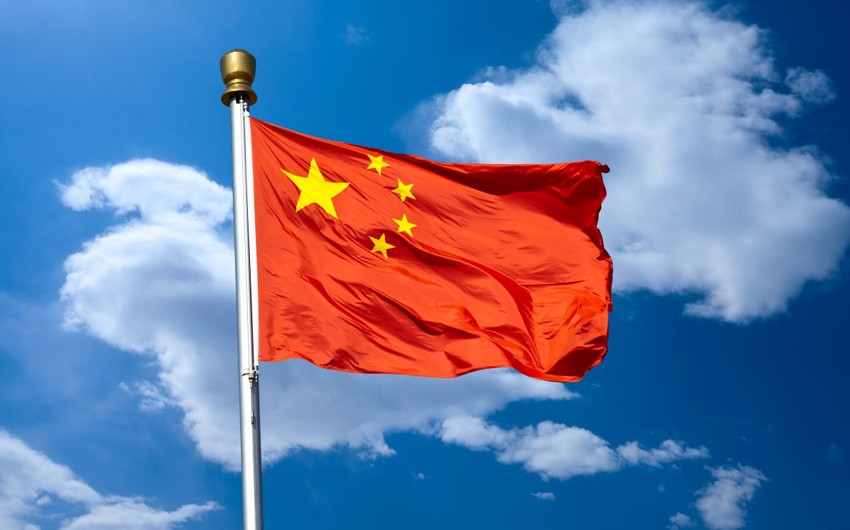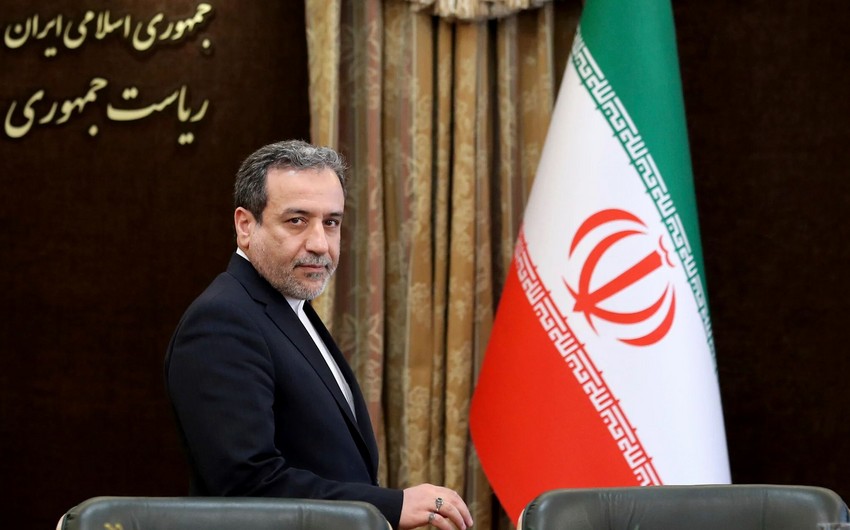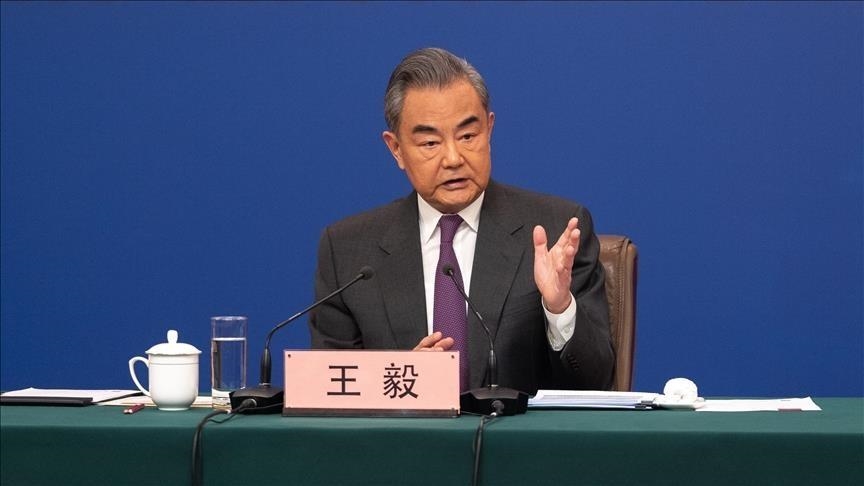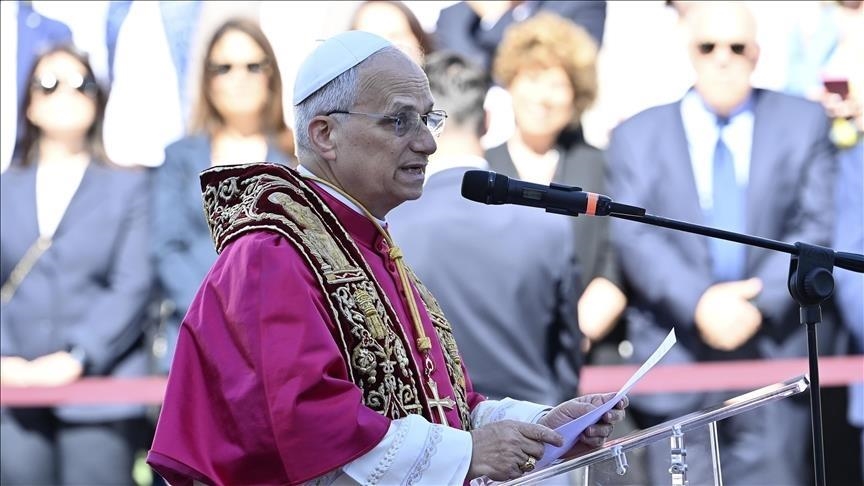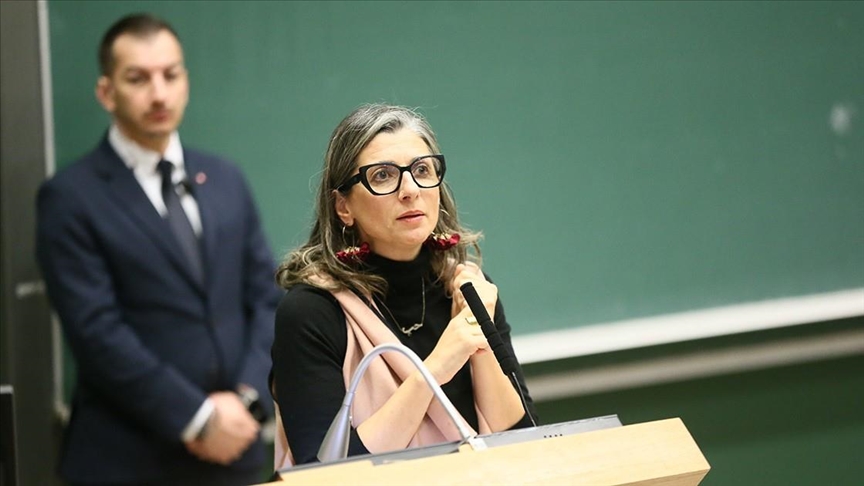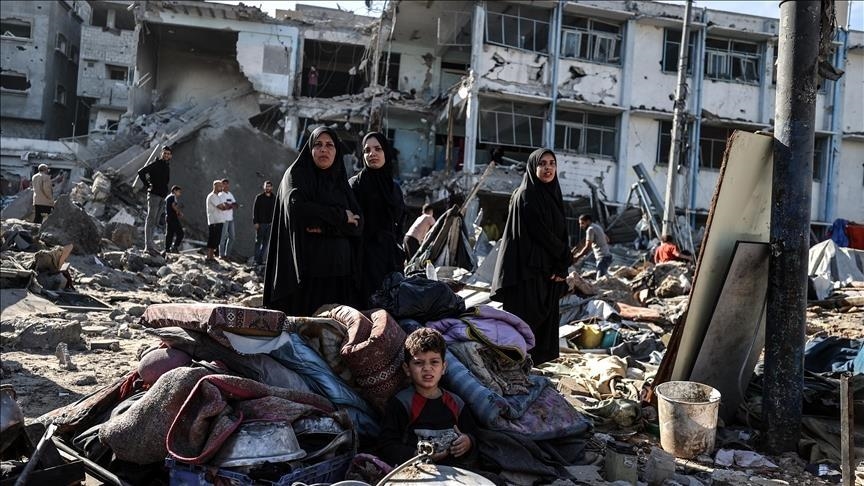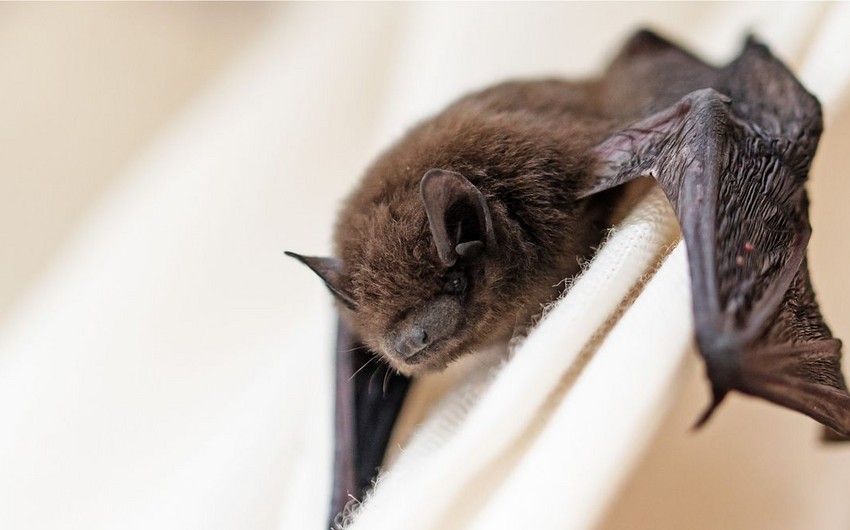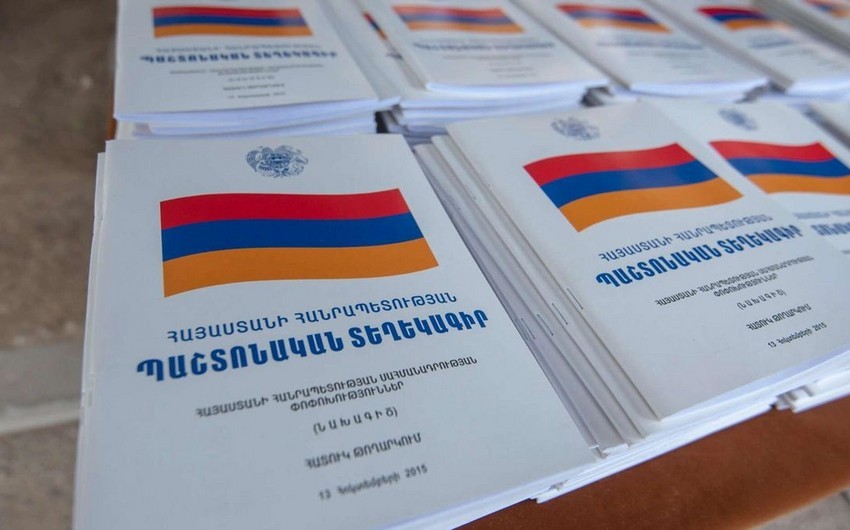President Donald Trump warned that the special counsel investigation into alleged links between his 2016 campaign and Russia's election hacking "hurts our country" after earlier branding the probe the "single greatest witch hunt" in political history.
"I believe it hurts our country terribly, because it shows we're a divided, mixed-up, not-unified country," Trump said at a luncheon with a group of television news anchors.
"And we have very important things to be doing right now, whether it's trade deals, whether it's military, whether it's stopping nuclear -- all of the things that we discussed today. And I think this shows a very divided country," Trump said.
The President also suggested that the investigation that will now be led by former FBI Director Robert Mueller was also motivated by an attempt to tarnish his election victory last year.
"It also happens to be a pure excuse for the Democrats having lost an election that they should have easily won because of the Electoral College being slanted so much in their way. That's all this is. I think it shows division, and it shows that we're not together as a country. And I think it's a very, very negative thing. And hopefully, this can go quickly, because we have to show unity if we're going to do great things with respect to the rest of the world."
Trump's push back contrasted sharply with the near universal welcome in Washington for Mueller, the former FBI director picked for the special counsel post Wednesday by Deputy Attorney General Rod Rosenstein.
Sen. Lindsey Graham, leaving the senators' briefing with Rosenstein, said Thursday he believes the Russia investigation is "now considered a criminal investigation."
"Congress' ability to conduct investigations of all things Russia has been severely limited, probably in an appropriate fashion," the South Carolina Republican said, as a result of Mueller's appointment. He added he wasn't able to ask specifically if it was now a criminal probe "but the takeaway I have is, everything he said was that you need to treat this investigation as if it may a criminal investigation."
In a series of early morning tweets, Trump complained that he was being singled out in a way Democrats had not been.
"With all of the illegal acts that took place in the Clinton campaign & Obama Administration, there was never a special (counsel) appointed," Trump tweeted. "This is the single greatest witch hunt of a politician in American history."
The President's tweets appear to signal a policy of resistance to Mueller's investigation, that will now likely cast a shadow over the beleaguered White House for months if not years to come. His attacks may also represent an attempt to rally his fiercely loyal political base which embraced him precisely because he was an outsider willing to challenged the established centers of power in Washington.
The naming of Mueller represents a threat to the White House because he will be armed with sweeping powers, including the right to subpoena documents or interview the President as he builds a case centered on the question of whether anyone in Trump's circle colluded with the Russians to influence the course of the election or committed any crimes.
The President's adoption of the role of a victim has been a potent political weapon before and he has frequently used it to position himself against the Washington establishment, including the media which he uses as a foil in the absence of an easily identifiable political enemy, like Hillary Clinton.

